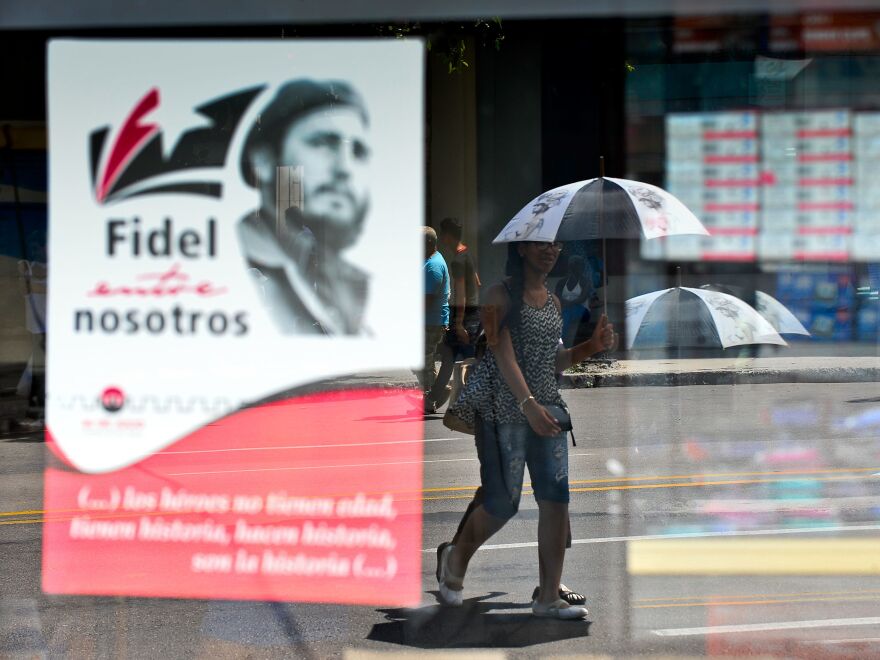I always had a wonderful time in Fidel Castro's Cuba, and usually wound up feeling bad about it.
The island is beautiful, the people even sunnier: warm and friendly, especially to Americans. The responsables — government minders — assigned to each reporting crew would tease me about being from Chicago.
"Your mobsters used to run this place," they'd say. "Sam Giancana, The Godfather. You made our men bellboys and our women prostitutes." And then they'd treat you to mojitos and fabulous music.
But the more you could eat or drink, well, you began to understand that the good time a guest could have was not possible for almost any Cuban. Cuban society is strictly demarcated between foreign visitors and Cubans. Visitors can eat good food in plentiful amounts, sleep in comfortable hotels, and spend money. Most Cubans can't.
The minders would make sure you met Cubans who spoke of their love and admiration for Fidel, as the man who had made Cuba great by standing up to imperialism. I was impressed by their sincerity.
But the more you got around, read and heard the one government news source, and looked in bookstores, the more you understood: Fidel's voice, and of those who loved him, were the only voices Cubans could hear. The great debate of ideas around so much of the world was shut out of Cuba.
Even the grand old '50s Buicks and Chevys that dazzle and charm so many foreign visitors in Havana began to look menacing to me. They weren't lovingly restored by vintage-car lovers, but ingenuously preserved by Cubans who could not own a car in a country where there is little freedom to move around.
Saddest of all was to see Cuban women, often achingly young, arrayed in lines outside tourist hotels and government-run night spots, their companionship available for foreign currency. I know there is prostitution in the United States, and women are oppressed by it. But it was hard to hear a minder's sermonettes about how Fidel's revolution had freed Cuban women from being forced into such work by U.S. imperialist mobsters, and then see how Cuban socialism had done the same.
The night before you left, your government minder would often ask you to leave the clothes off your back, especially bluejeans or sport shirts they could wear to work with foreigners — or sell for food on the black market.
I always had a wonderful time in Fidel Castro's Cuba. But with each trip, I began to see more of why so many Cubans loved him — and why so many risked their lives to leave.
Copyright 2022 NPR. To see more, visit https://www.npr.org.





